Since the beginning of the year, three batches of dragon fruit exported to France and the Netherlands have been warned because pesticide residues exceeded the permitted threshold.
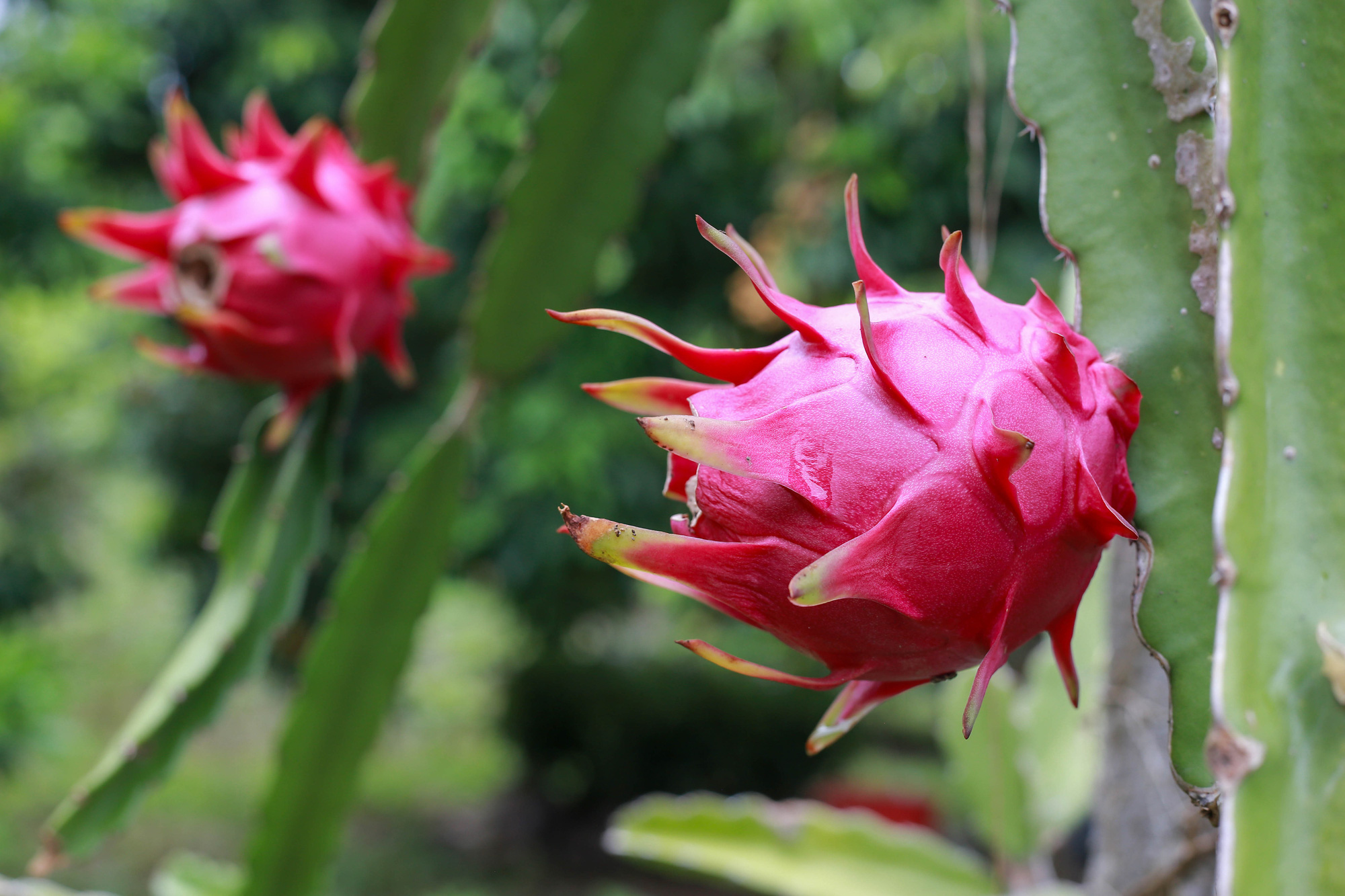
Dragon fruit garden in Vietnam - Photo: C. TUE
Speaking to Tuoi Tre Online on February 14, Mr. Ngo Xuan Nam - Deputy Director of the Vietnam SPS Office (Ministry of Agriculture and Rural Development), said that in the first 40 days of this year, the European Union (EU) sent 12 warnings due to Vietnamese agricultural and food products violating food safety regulations of this market.
Of these, there are 3 warnings related to dragon fruit due to pesticide residue exceeding the permissible threshold.
Accordingly, 3 batches of dragon fruit from 3 companies in Tien Giang and Ho Chi Minh City were warned due to detection of pesticide residue exceeding the threshold.
Specifically, Pyraclostrobin exceeded 0.050±0.025 mg/kg, Dithiocarbamates exceeded 0.15 mg/kg, Forchlorfenuron exceeded 0.023±0.012 mg/kg, Propiconazole exceeded 0.029±0.015 mg/kg, Thiamethoxam exceeded 0.10±0.05 mg/kg, Dithiocarbamates exceeded 1.2±0.60 mg/kg. While the maximum allowable residue regulation is only from 0.01 to 0.05 mg/kg.
These 3 dragon fruit shipments were returned by the EU, destroyed and sealed at customs for processing.
According to Mr. Ngo Xuan Nam, currently, Vietnamese dragon fruit is subject to a 30% inspection frequency at the border gate by the EU, and export shipments must have a certificate of pesticide residue analysis results.
"According to regulations, the EU will meet every 6 months to review food safety violations of agricultural and food exporting countries. In the past month, dragon fruit has received 3 warnings.
In the coming time, if we do not control pesticide residues well according to EU regulations and they continue to discover more violations, dragon fruit is at high risk of having its inspection frequency increased to 50%," said Mr. Nam.
Mr. Nam also recommended that growing areas, raw material areas, packaging facilities, and enterprises exporting to the EU must also have solutions to control pesticide residues because the maximum allowable residue is very low, mostly no more than 0.01 mg/kg. Localities with dragon fruit growing areas must also strengthen inspection and supervision of this.
Explaining why dragon fruit shipments before export had certificates of pesticide residue analysis results but when the EU inspected, many violations were still discovered, Mr. Nam said that the sampling results were only valid on the analyzed samples, while the EU took random samples.
The reason for the difference may be that during the process of purchasing dragon fruit, the business purchased from many raw material areas, including growing areas that did not control pesticide residue well, affecting the entire shipment.
"If the dragon fruit is taken from a raw material area with good control over food safety and pesticide use, the possibility of discrepancies in results will be very low. However, if a batch of goods is purchased from many raw material areas, the business must ensure objective sampling to ensure objective re-test results," Mr. Nam recommended.
According to the Vietnam SPS Office in 2024, Vietnam received 114 warnings from the EU, double that of 2023. Of which, dragon fruit had 7 warnings, all related to pesticide residues exceeding the permitted threshold.
In addition, many shipments of durian and chili peppers have also been warned due to pesticide residue exceeding the permissible threshold.
Currently, the EU is applying a 20% border inspection frequency for durian, 30% for dragon fruit, and 50% for chili and okra.
In addition, dragon fruit, chili, and okra must be accompanied by a certificate of pesticide residue analysis results before being exported to the EU.
Source: https://tuoitre.vn/thanh-long-bi-eu-canh-bao-vi-du-luong-thuoc-tru-sau-vuot-nguong-20250214162733014.htm



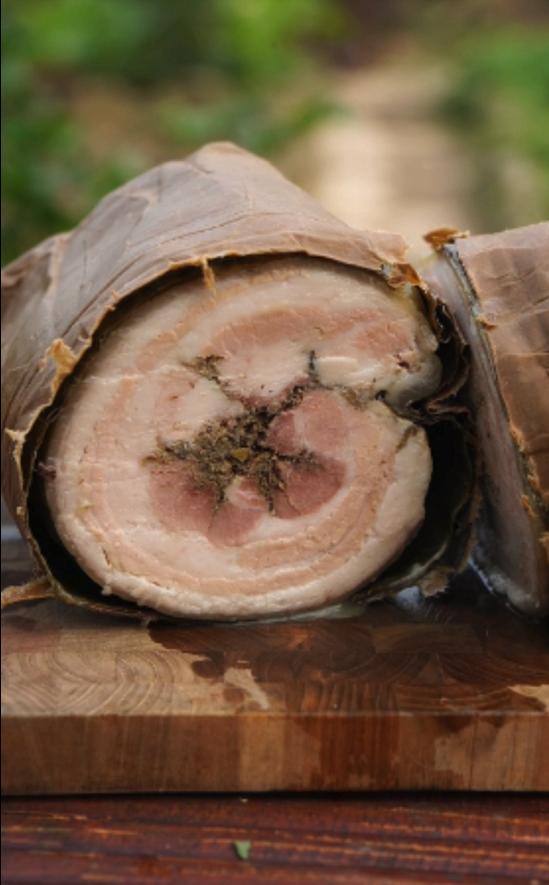

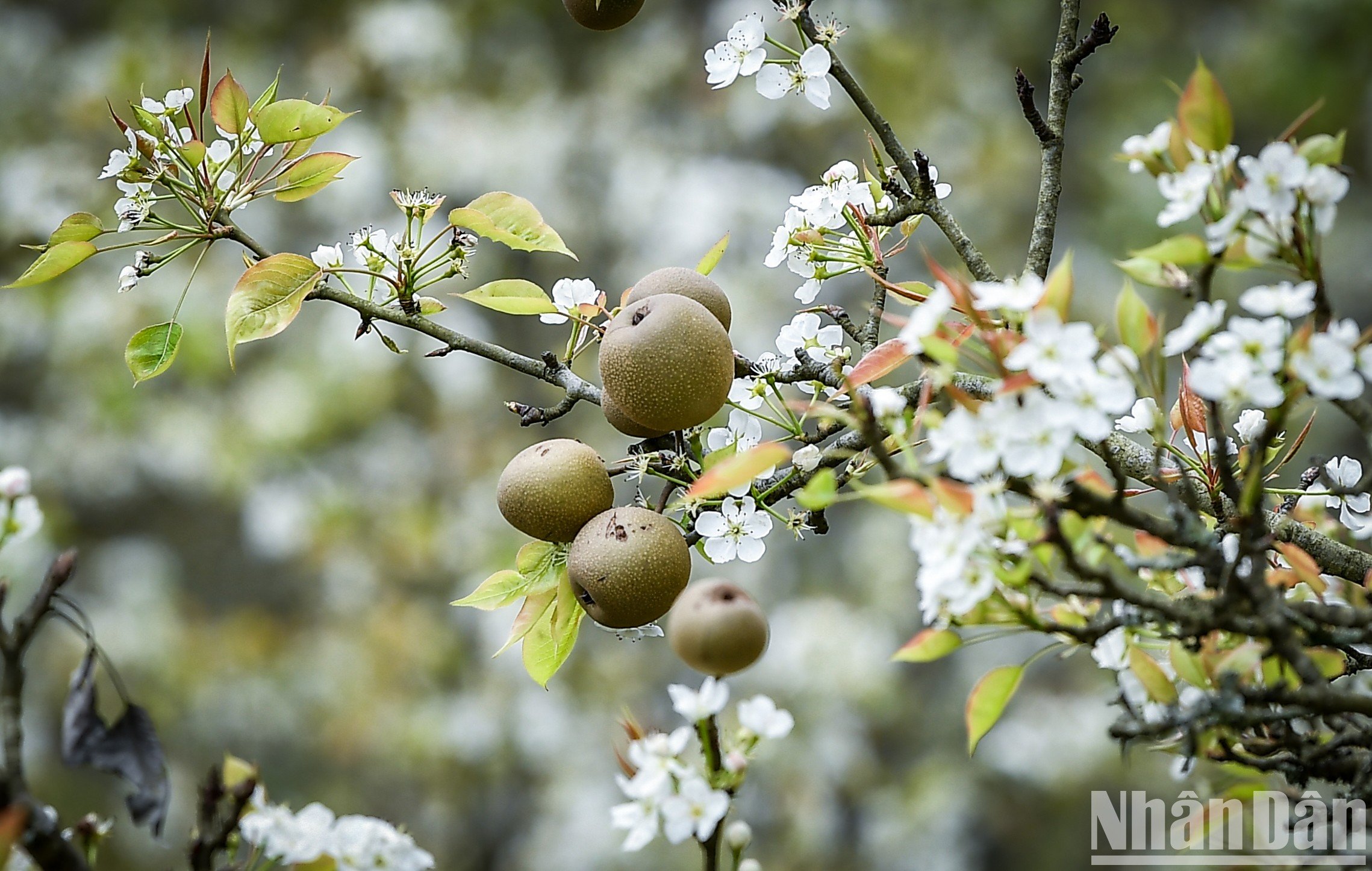





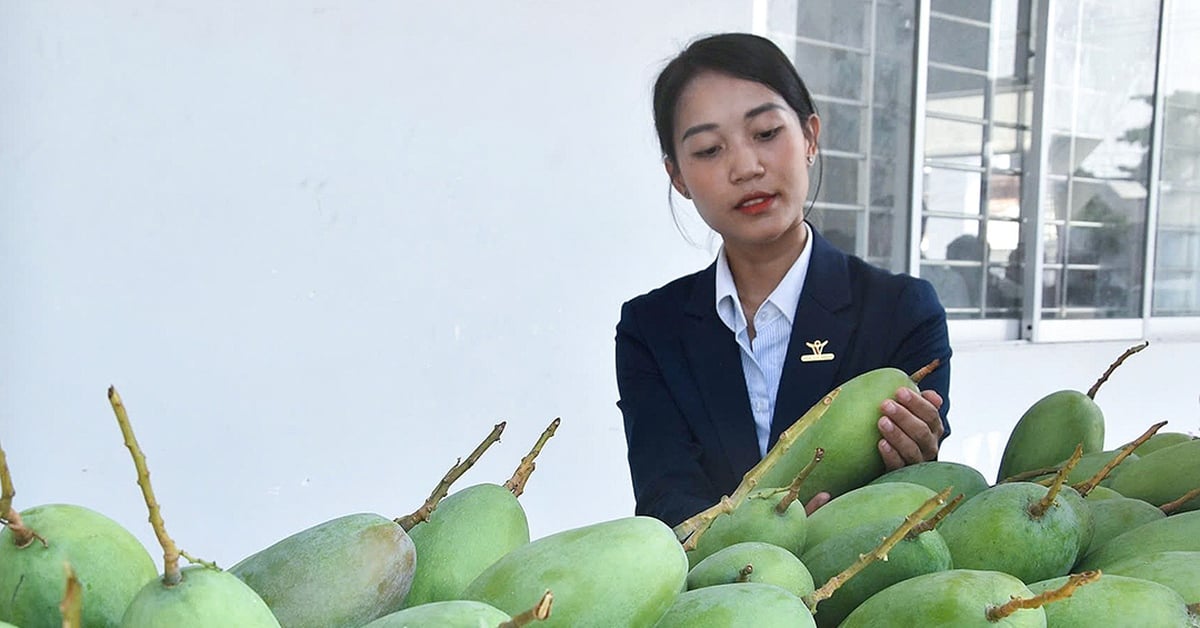


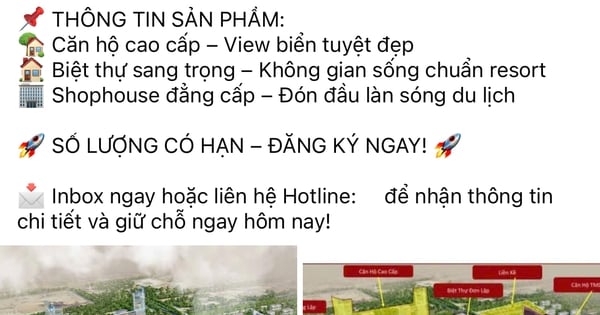



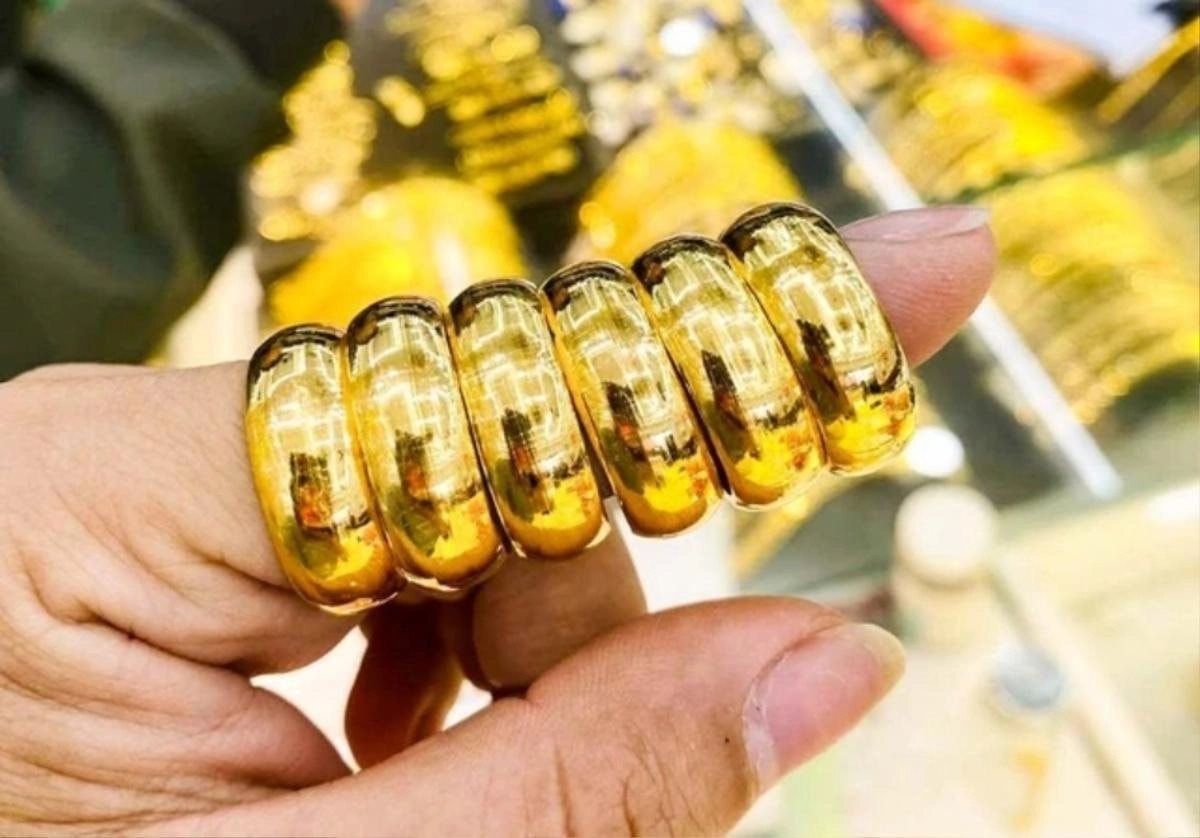
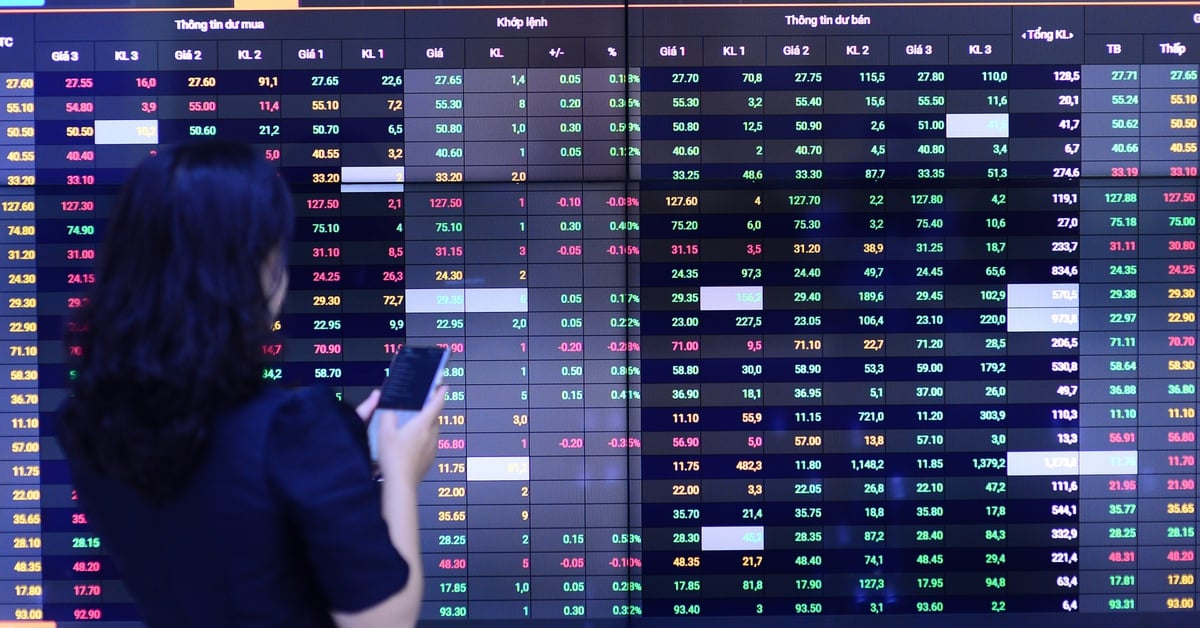
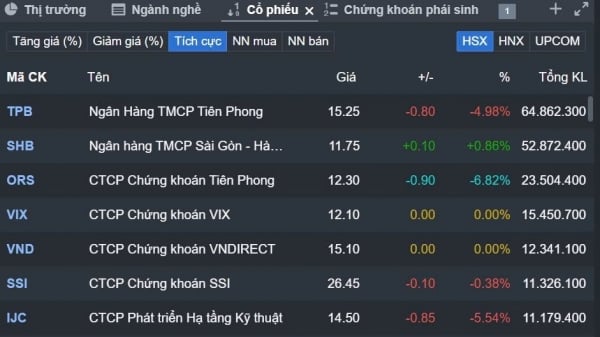

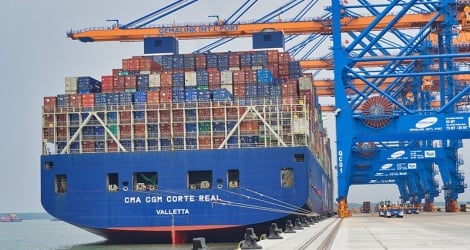
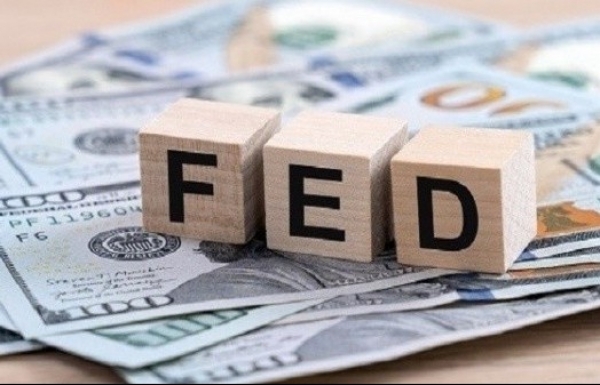



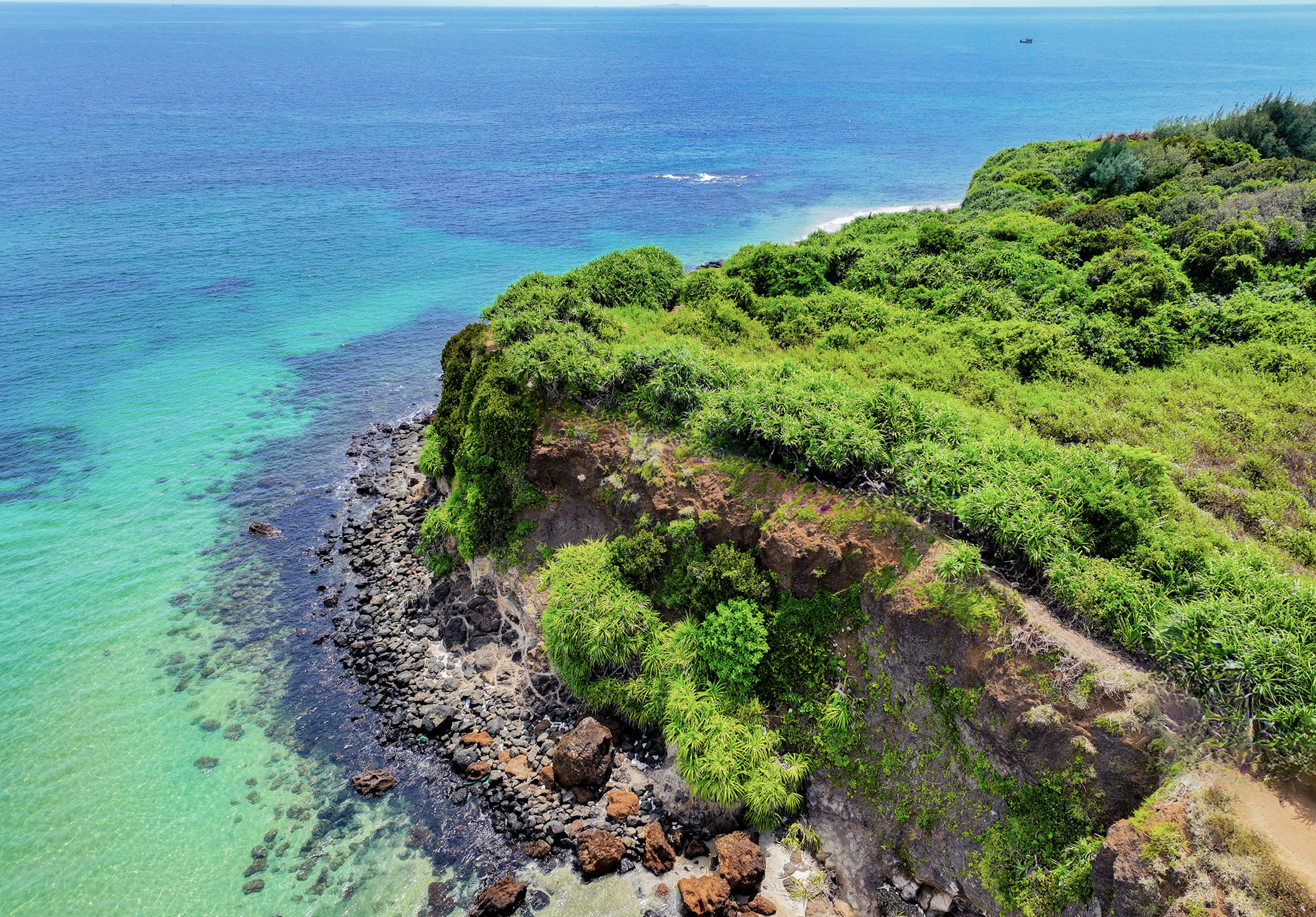

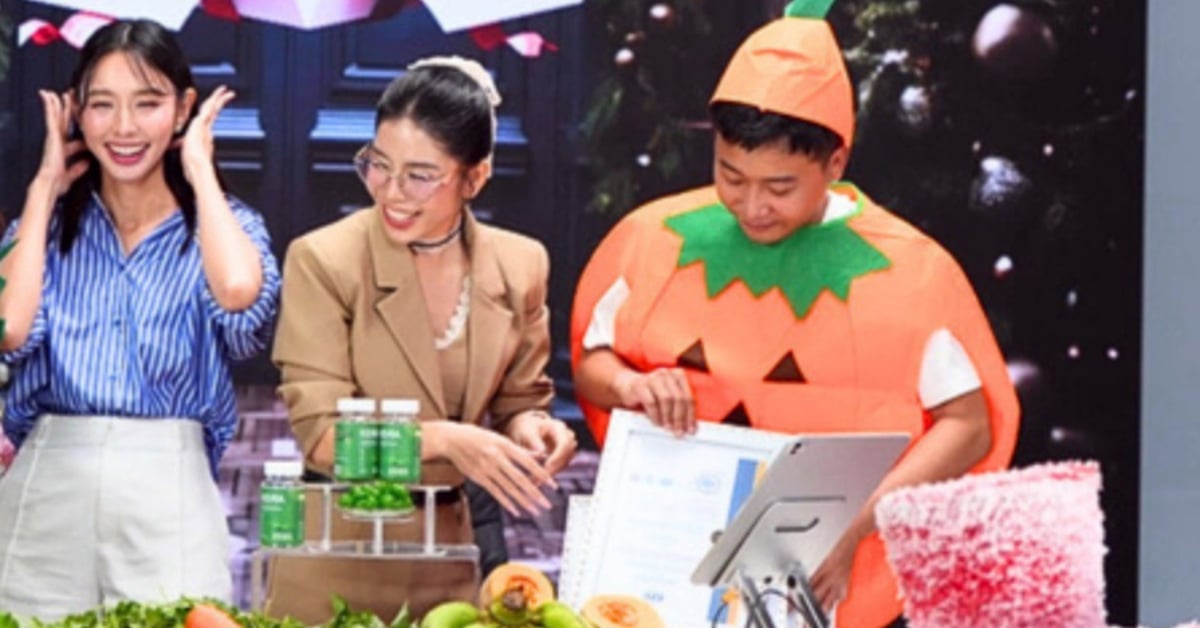









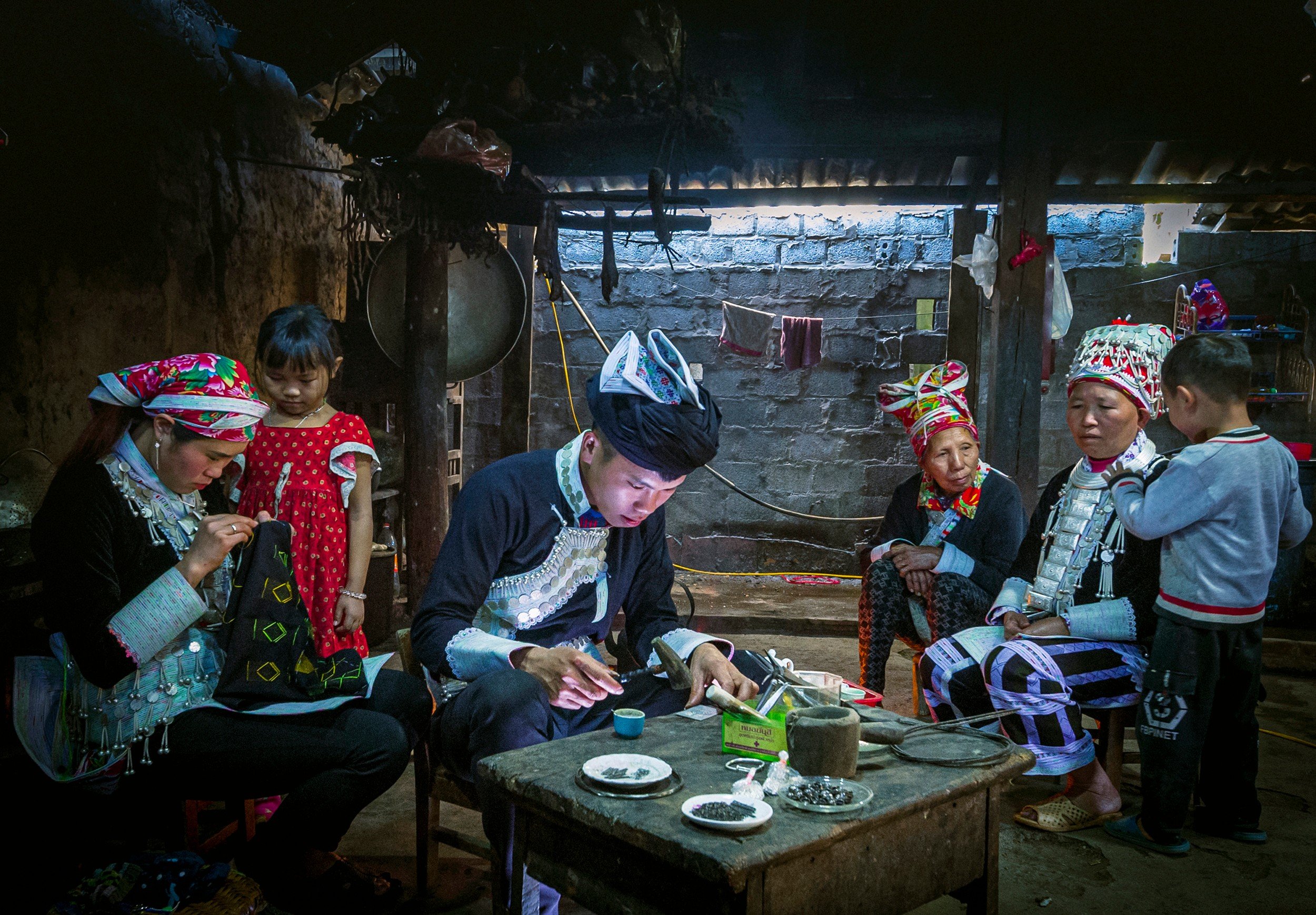











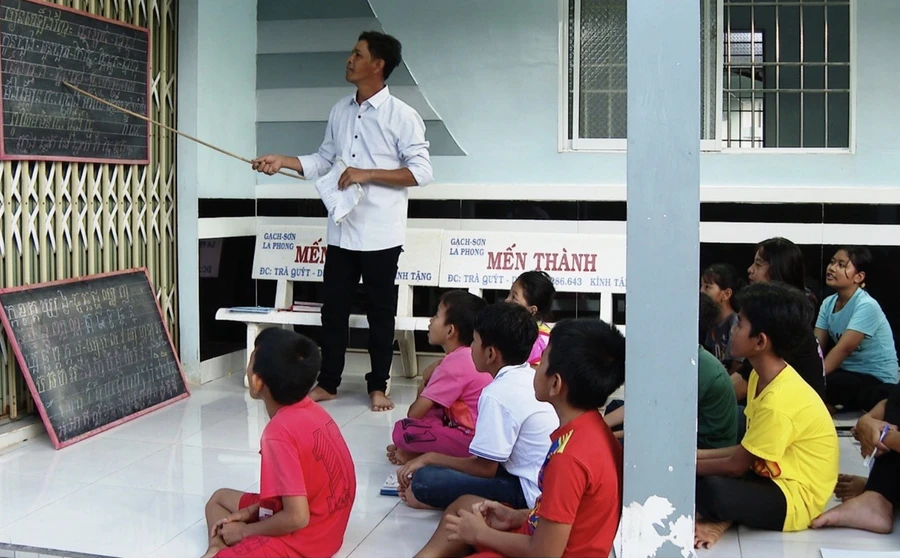




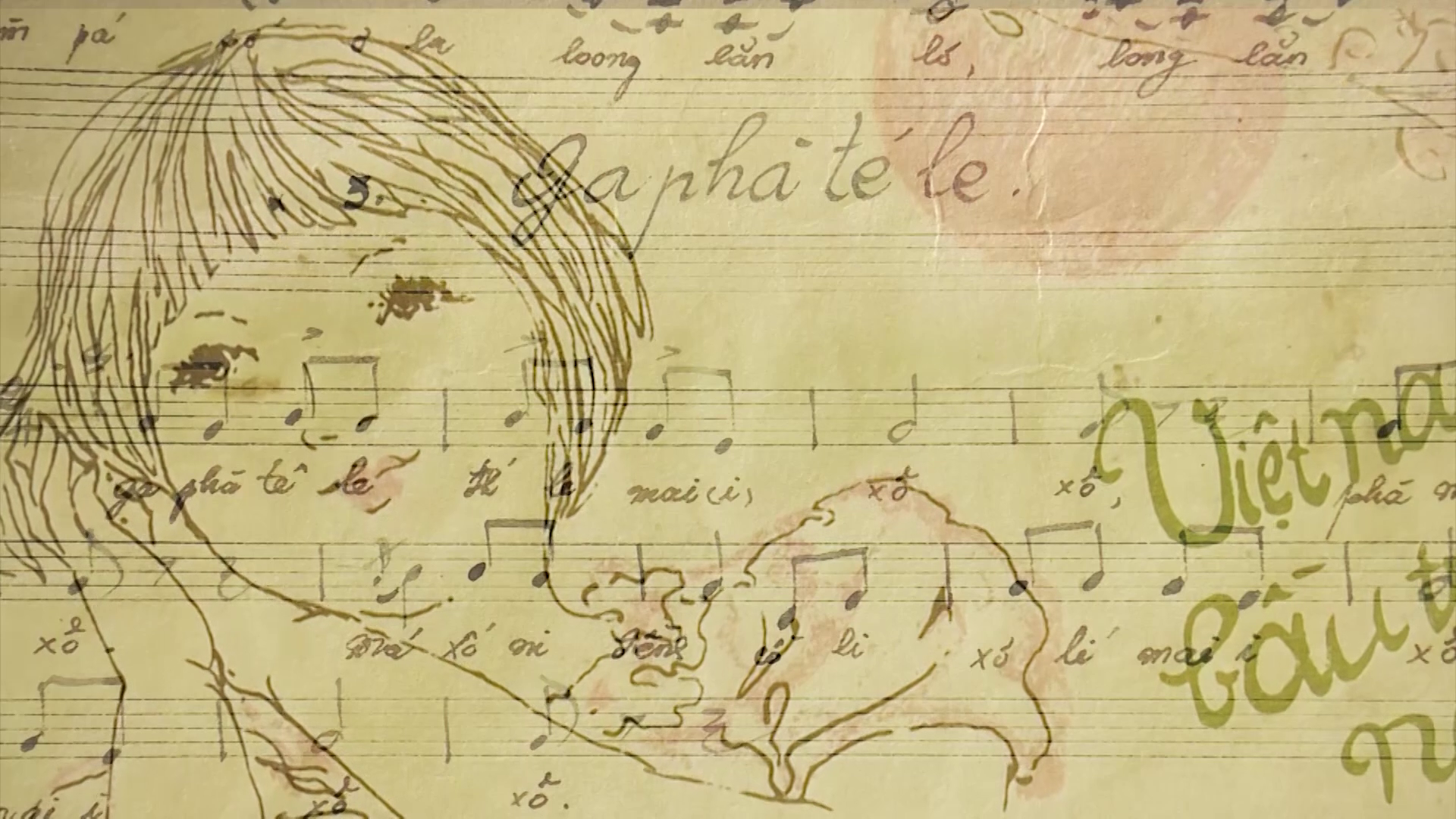

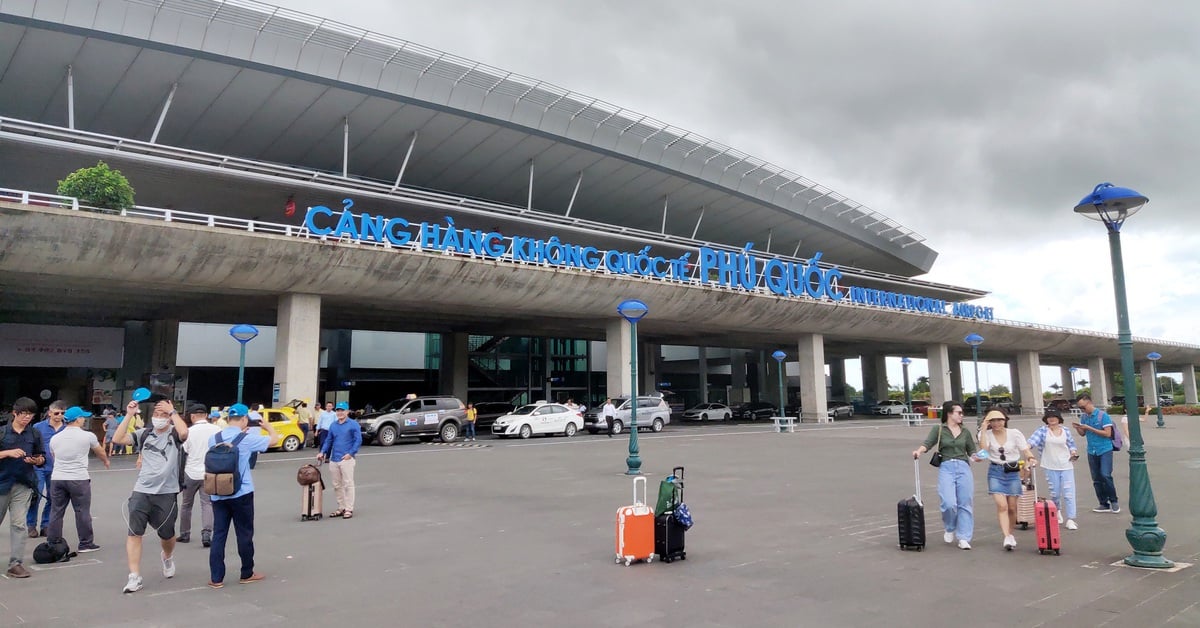














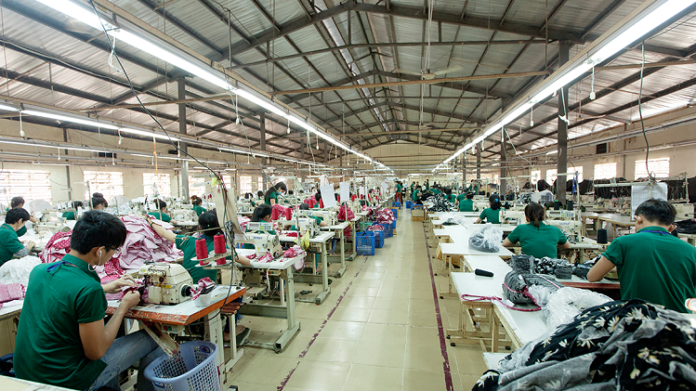



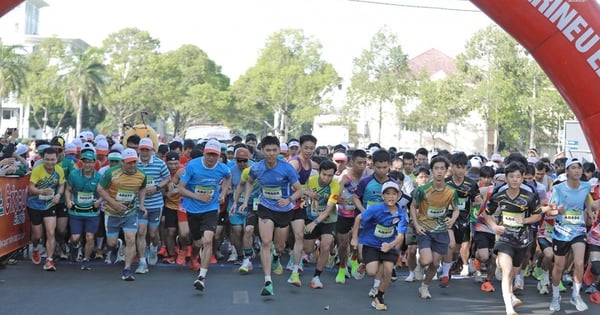

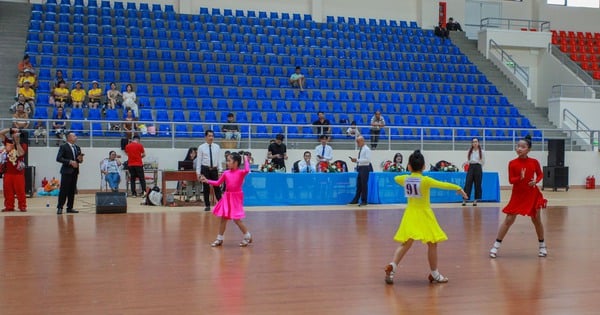








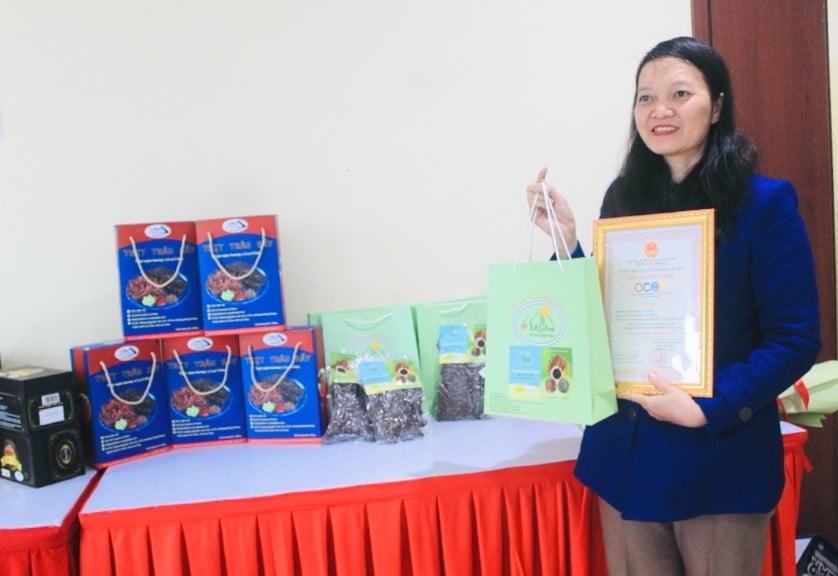

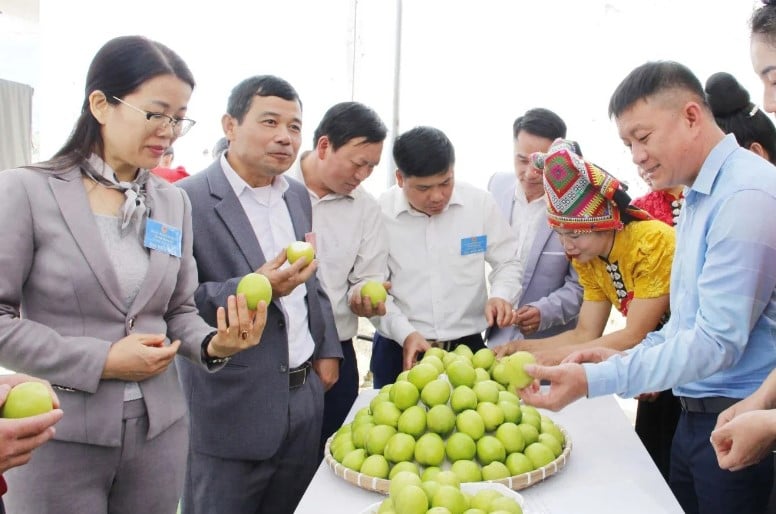
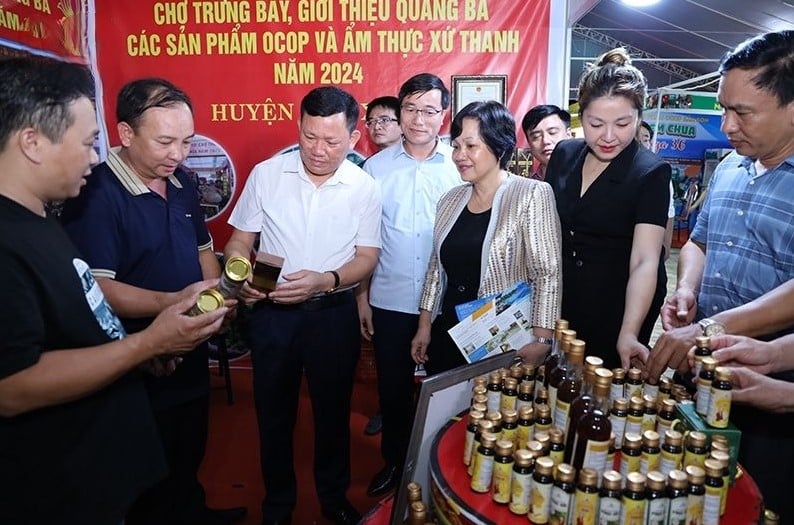

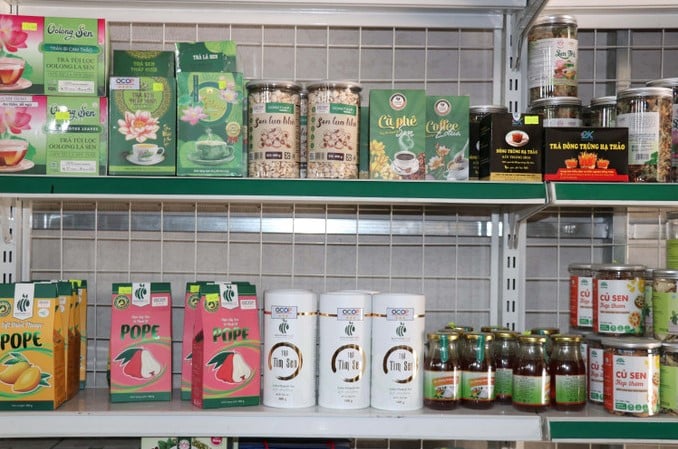
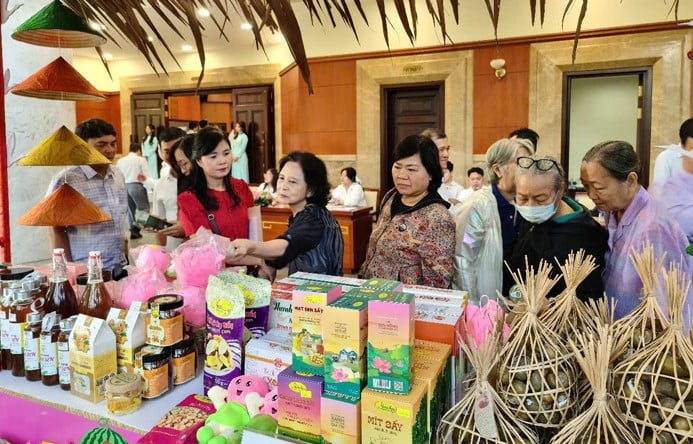
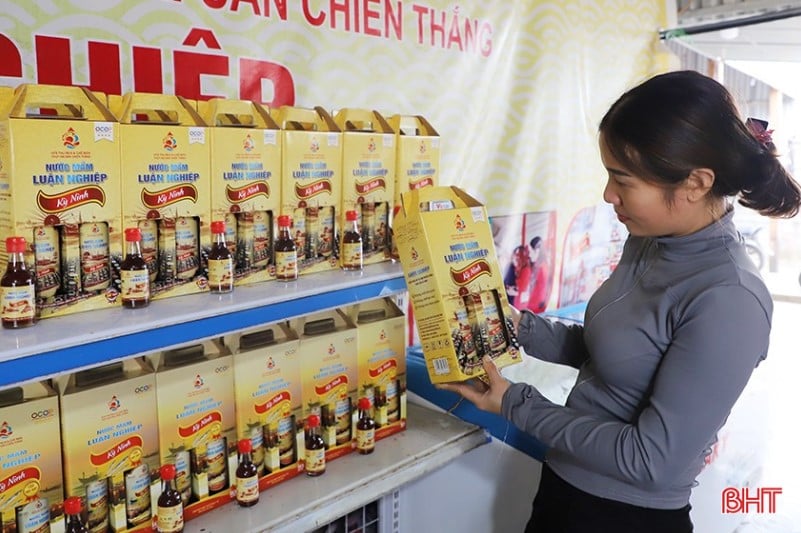
Comment (0)